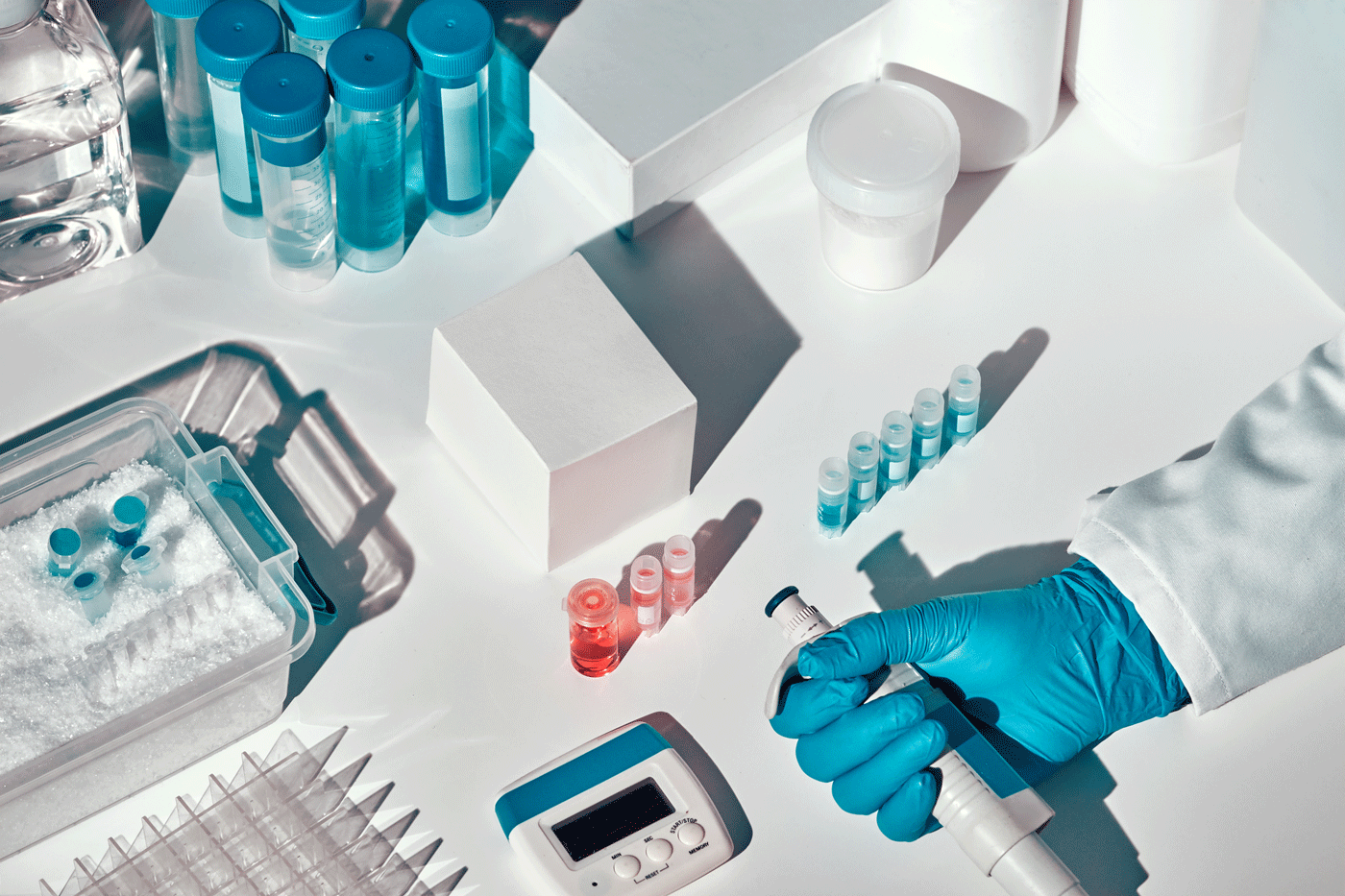In Vitro Diagnostics Test Kit Market: Expansion of Genetic Testing and Its Implications

The in vitro diagnostics (IVD) test kit market is experiencing rapid expansion, largely driven by advancements in genetic testing. This growth is significantly reshaping the landscape of modern diagnostics, with genetic tests now playing a pivotal role in detecting, monitoring, and managing various diseases. From personalized medicine to the early detection of hereditary conditions, genetic testing has become an indispensable tool in healthcare.
The Growth of Genetic Testing in Diagnostics
The integration of genetic testing into routine clinical diagnostics has revolutionized the way diseases are identified and treated. Traditionally, diagnostics have focused on detecting symptoms and markers of disease in blood, urine, or other bodily fluids. However, genetic testing moves beyond these conventional methods by identifying mutations, predispositions, and variations at the DNA level. This has made it an invaluable tool in fields such as oncology, infectious disease diagnosis, and prenatal screening.
In the context of infectious diseases, genetic testing offers a high level of precision by detecting the genetic material of pathogens such as bacteria and viruses. This is especially valuable in identifying infections that may be difficult to detect using traditional methods, such as viral diseases that don’t immediately show symptoms. Techniques like PCR (Polymerase Chain Reaction) are being employed to identify the DNA or RNA of pathogens, allowing for faster, more accurate diagnoses.
Market Hindrances: Challenges Facing the Expansion of Genetic Testing
While the expansion of genetic testing holds great promise, several hindrances continue to impede its widespread adoption within the in vitro diagnostics test kit market. These barriers are primarily centered around accessibility, affordability, ethical considerations, and technical complexities.
Cost remains one of the most significant obstacles. Although the price of genetic tests has decreased over time, they are still considered expensive by many healthcare providers and patients. Advanced genetic tests, particularly those that sequence large portions of a person’s genome or test for multiple conditions simultaneously, can be cost-prohibitive. This presents a challenge for widespread adoption, particularly in regions with limited healthcare resources or for individuals without adequate insurance coverage. The cost of testing is compounded by the ongoing need for healthcare providers to interpret complex genetic data, requiring skilled professionals who are trained to understand the nuances of genetic testing and its implications for treatment.
The Path Forward: Overcoming Hindrances and Shaping the Future
Despite these challenges, the future of genetic testing in the in vitro diagnostics (IVD) test kit market remains promising. Overcoming these hindrances requires a multi-faceted approach, including innovations in technology, policy changes, and improved education for both healthcare providers and patients.
- Art
- Causes
- Crafts
- Dance
- Drinks
- Film
- Fitness
- Food
- Παιχνίδια
- Gardening
- Health
- Κεντρική Σελίδα
- Literature
- Music
- Networking
- άλλο
- Party
- Religion
- Shopping
- Sports
- Theater
- Wellness


